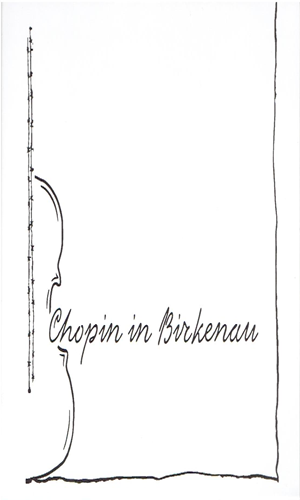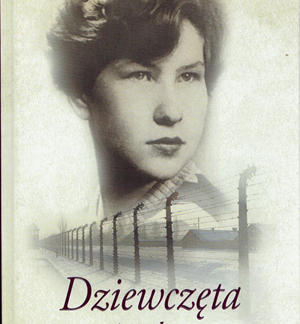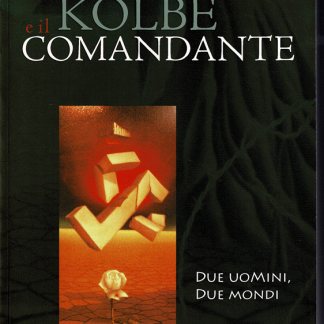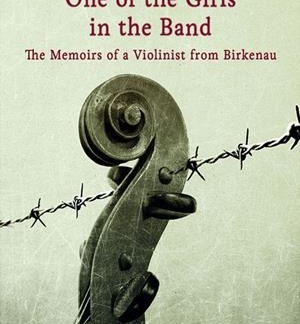Description
ONE OF THE GIRLS IN THE BAND
Helena Dunicz Niwińska was born in Vienna in 1915. She lived with her parents and brothers in her hometown of Lwów until 1943. At the age of 10, she began learning to play the violinat the conservatory of the Polish Musical Society. She studied pedagogy from 1934 to 1939, continuing her musical education the whole time. After their arrest in January 1943 and incarceration in Łącki Prison, she and her mother were deported to Auschwitz in October 1943. In Birkenau, she was a member of the women’s orchestra—as a violinist—until January 1945. After being evacuated to the Ravensbrück and Neustadt-Glewe camps, she was liberated in May 1945. She and her fellow prisoner Jadwiga Zatorska returned at the end of May to a postwar Poland that no longer included her beloved hometown of Lwów. She moved in with Jadwiga’s family in Cracow, and soon after began a career at the Polish Musical Publishers, where she worked until she retired in 1975 as deputy director of publications for musical education. Her book ‘One of the Girls in the Band: The Memoirs of a Violinist from Birkenau’ is the story of her family’s tragic fate and more particularly of the time when, as prisoner number 64118, she played in the women’s camp orchestra. She survived Auschwitz-Birkenau by playing the violin.
AUSCHWITZ STUDIES NO. 27
The main article of this issue written by Jacek Lachendro is dedicated to the camp orchestras at KL Auschwitz, their origins, duties, living conditions, ethnic composition, number of musicians, repertoire, and role in the camp.
CHOPIN IN BIRKENAU
There were 11 inmate orchestras operating in Auschwitz-Birkeanu. Their main purpose was to play marches while the work teams were marching out to work and returning to the camp. Their number included the women’s band ser up in 1943, one of whose conductors was a violinist of the highest standard, Alma Rosé. Although works by Polish and Jewish composers were forbidden, exceptional situations did occur when their music was also played.
This CD is an attempt at the reconstruction of a piece orchestrated by Alma Rosé in Auschwitz-Birkenau in 1944, and performed by the orchestra she conducted. The transcript of the piece by Chopin was an initiative of Helena Dunicz-Niwińska, a former member of the women’s orchestra in the camp.








